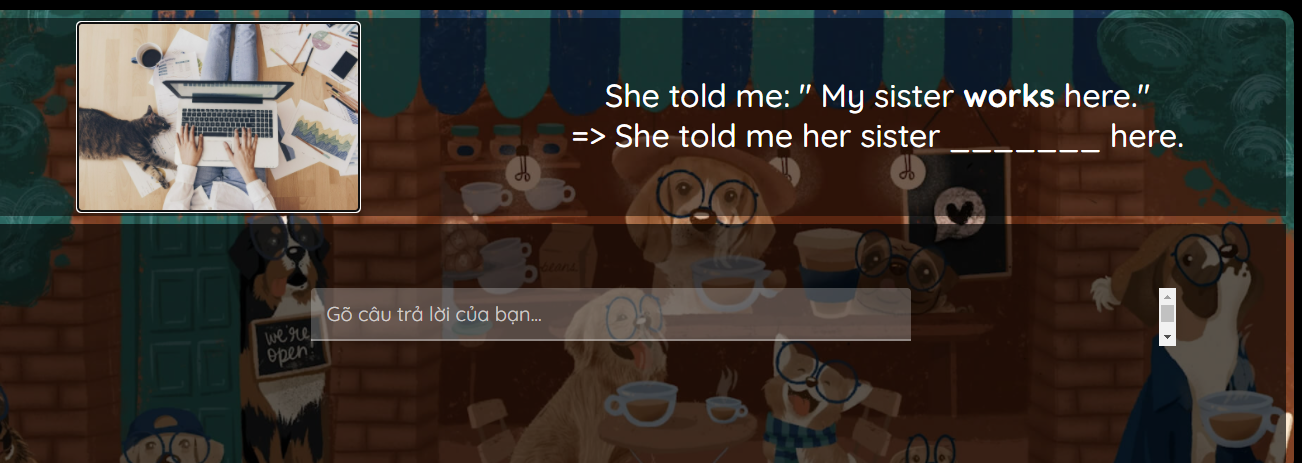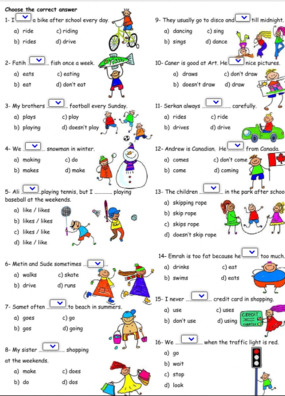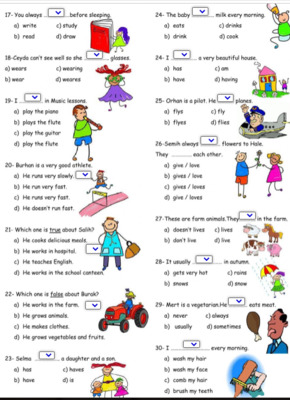Học tại trường
Chưa có thông tin
Đến từ
Chưa có thông tin , Chưa có thông tin
Số lượng câu hỏi
47
Số lượng câu trả lời
115
Điểm GP
6
Điểm SP
44
Người theo dõi (31)
Đang theo dõi (104)
KA
KA
KA
KA
KA
B. READING:
I. Put a word from the box in each gap to complete the following passage. There is one word that is not necessary.
prices must safety easily don't (0) polluted enjoy
|
Living in the countryside has a lot of advantages. The country is less (0) polluted and the traffic isn't so heavy. You are fit and you (1)__________ need to worry about your health condition, because in the countryside the air and water are so clean. There aren't any huge blocks of flats, modern skyscrapers. You can (2)_________ walking in the forest and picking mushrooms or hunting. Another advantage is that you may (3)___________build a big house and the garden, because charges for ground are much lower than in the suburbs. Moreover, living in the countryside is cheaper than it is in the city because the (4)____________ of everything are lower. The other positive side is the (5)______________In the rural area the crime rate is much lower. There aren't a lot of housebreaks and the possibility of burglary is also lower. Country life is very peaceful and silent. You will enjoy the feeling of peace.






